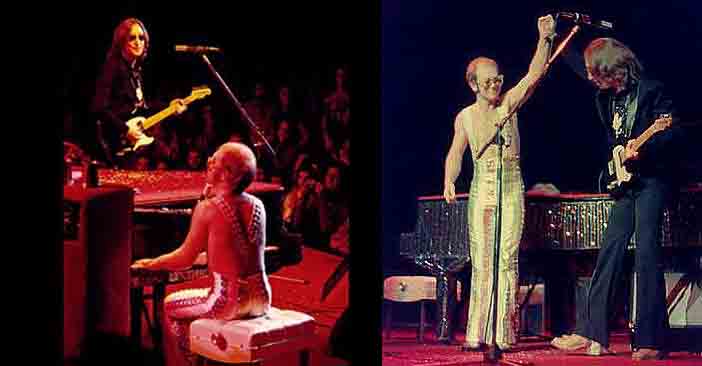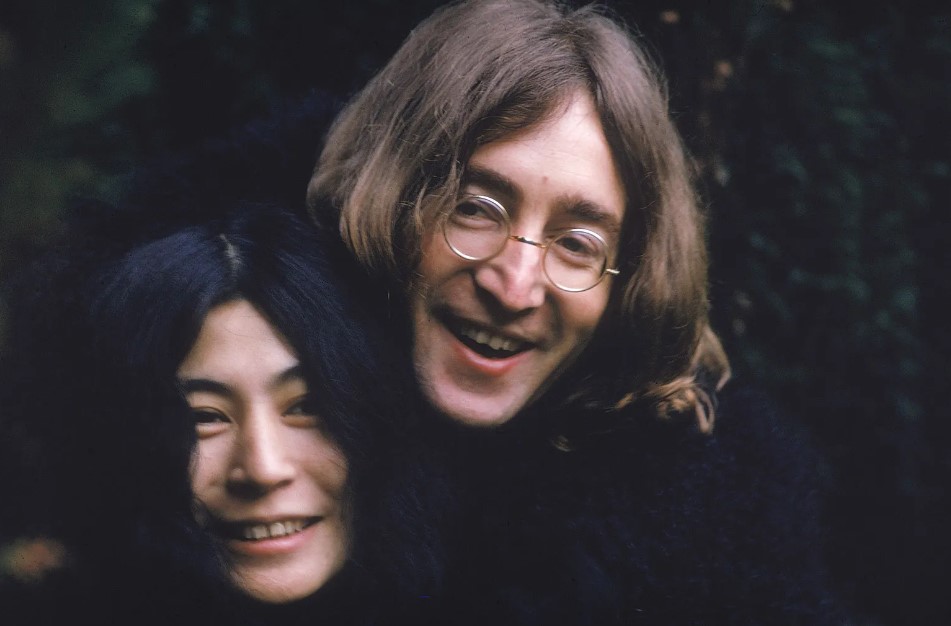In the transformative era of the 1960s, when the world was ablaze with revolutionary fervor and cultural awakening, one of the most iconic figures of the time, John Lennon, embarked on a profound journey of self-discovery and creative exploration. This journey took him far from the tumult of fame and the relentless pace of celebrity life to the tranquil shores of Rishikesh, India, in 1968. Surrounded by the majestic beauty of the Himalayas and the spiritual aura of the Ganges River, Lennon's sojourn in Rishikesh marked a pivotal moment in his personal and artistic evolution.

The decision to travel to Rishikesh was not impulsive but rather the culmination of a deeper longing within Lennon's soul. Despite the unprecedented success of The Beatles and the adulation of millions of fans worldwide, Lennon found himself grappling with existential questions and a profound sense of disillusionment. The relentless pressures of fame, coupled with the tumultuous state of his personal life, left him yearning for meaning and inner peace.
It was against this backdrop that Lennon, accompanied by his wife Cynthia Lennon and fellow bandmates Paul McCartney, George Harrison, and Ringo Starr, made the pilgrimage to Rishikesh. The journey was inspired by their encounter with Maharishi Mahesh Yogi, a revered spiritual guru and proponent of transcendental meditation, whose teachings promised a path to enlightenment and inner harmony.

Arriving in Rishikesh in February 1968, Lennon and his companions were immediately captivated by the serene beauty and spiritual energy of the region. Nestled amidst lush forests and overlooking the sacred Ganges River, the Maharishi's ashram provided a sanctuary from the chaos of the outside world—a place where they could retreat into introspection and contemplation.
Life in the ashram followed a simple routine, centered around meditation, yoga, and communal living. Far removed from the trappings of fame, Lennon relished the opportunity to immerse himself in the practice of transcendental meditation, finding solace in the stillness of his own mind. In the quietude of the ashram, he discovered a sense of inner peace and clarity that had long eluded him.

Yet, it was not just personal introspection that occupied Lennon's time in Rishikesh. Surrounded by a diverse community of fellow seekers, including musicians, artists, and intellectuals from around the world, he found himself immersed in a rich tapestry of creative inspiration. Late-night jam sessions and impromptu songwriting sessions became a regular occurrence, with Lennon and his bandmates channeling the spiritual energy of Rishikesh into their music.

The songs that emerged from Lennon's time in Rishikesh would go on to shape the trajectory of The Beatles' career. From the haunting melodies of "Dear Prudence" to the anthemic chants of "Revolution," the influence of Rishikesh permeated every note and lyric, imbuing their music with a newfound depth and spiritual resonance.

However, Lennon's spiritual odyssey in Rishikesh was not without its challenges and controversies. Rumors of discord within the group, fueled by sensationalized media coverage, threatened to overshadow their creative endeavors. Moreover, Lennon's disillusionment with Maharishi's teachings, stemming from allegations of impropriety and the guru's perceived commercialization of spirituality, led to their abrupt departure from the ashram.
Despite the controversies surrounding their time in Rishikesh, the legacy of Lennon's spiritual journey endures as a defining moment in his personal and artistic evolution. The songs inspired by his time in India would find their way onto The Beatles' seminal album, "The White Album," marking a watershed moment in the band's career.

More than five decades later, Lennon's pilgrimage to Rishikesh continues to resonate with fans and spiritual seekers around the world. His quest for meaning and transcendence amidst the tranquil beauty of the Indian Himalayas serves as a timeless reminder of the enduring power of music, spirituality, and the human spirit. In a world consumed by noise and distraction, Lennon's journey stands as a beacon of hope—a testament to the transformative potential of inner exploration and creative expression.
(See more photos below)































